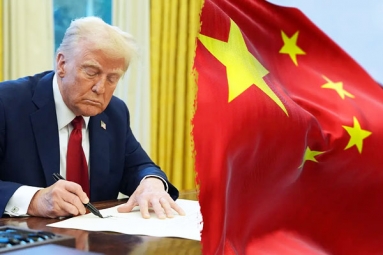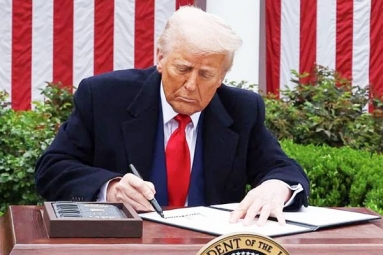
(Image source from: Canva.com)
Gaming company A23 has contested the government’s ban on online games that involve money, according to a legal document. This case is the first against a law that unexpectedly closed down well-liked games and has created uncertainty for the future of the industry. Last week, Prime Minister Narendra Modi's government passed a law to prohibit such games, which the industry claims depend on skill and thus should not be classified as gambling. Gambling was already very limited in India. This new law poses a challenge for an industry supported by venture capital businesses like Tiger Global and Peak XV Partners, which was expected to reach a value of $3.6 billion in India by 2029, based on industry predictions. In a court submission to the Karnataka High Court, A23, which offers games like rummy and poker, stated that the law "makes the legitimate business of playing online skill games illegal, which could lead to the immediate closure of many gaming companies."
A23 further claimed in its submission that the new law is a "result of state control," requesting that it be ruled unconstitutional when it pertains to skill games like rummy and poker. The court document, dated August 28, is not publicly accessible but was checked by Reuters. The IT ministry in India did not respond right away to inquiries. A23.com identifies itself as an online gaming site with over 70 million users. Support from top cricketers and other marketing strategies have increased the popularity of platforms like Dream11 and Mobile Premier League, where players create virtual cricket teams from real athletes and earn points based on runs, wickets, and catches. Both apps have halted their money games following the ban.
MPL has chosen not to challenge the gaming law legally, and a senior company member informed Reuters that they advised associated industry groups to concentrate on free-to-play business models instead. The source requested anonymity as they are not permitted to speak publicly on the matter. Dream11 has also decided against contesting the law, although its CEO Harsh Jain stated on CNBC TV 18 this week that "95% of our group's revenue has vanished overnight." MPL did not reply to queries from Reuters, while Dream11 mentioned that it aims to "create a successful Indian sports company, propelled by AI and the creator economy." The government has continually shown dissatisfaction with money-based games, claiming they lead to addiction. When announcing the law last week, it stated it had a responsibility to fight against "social evils."










